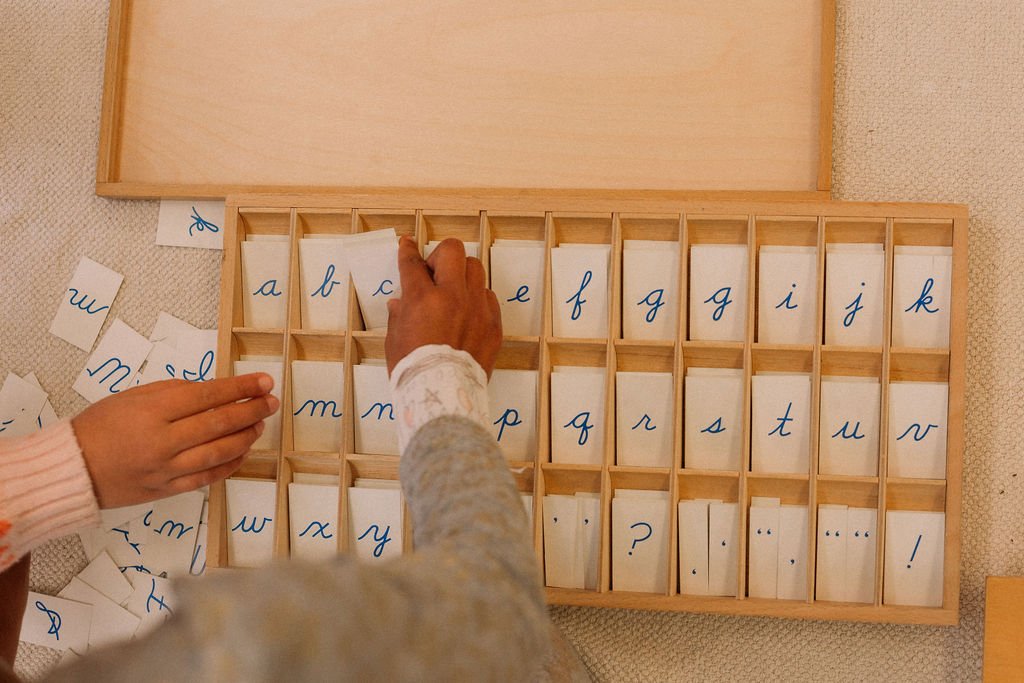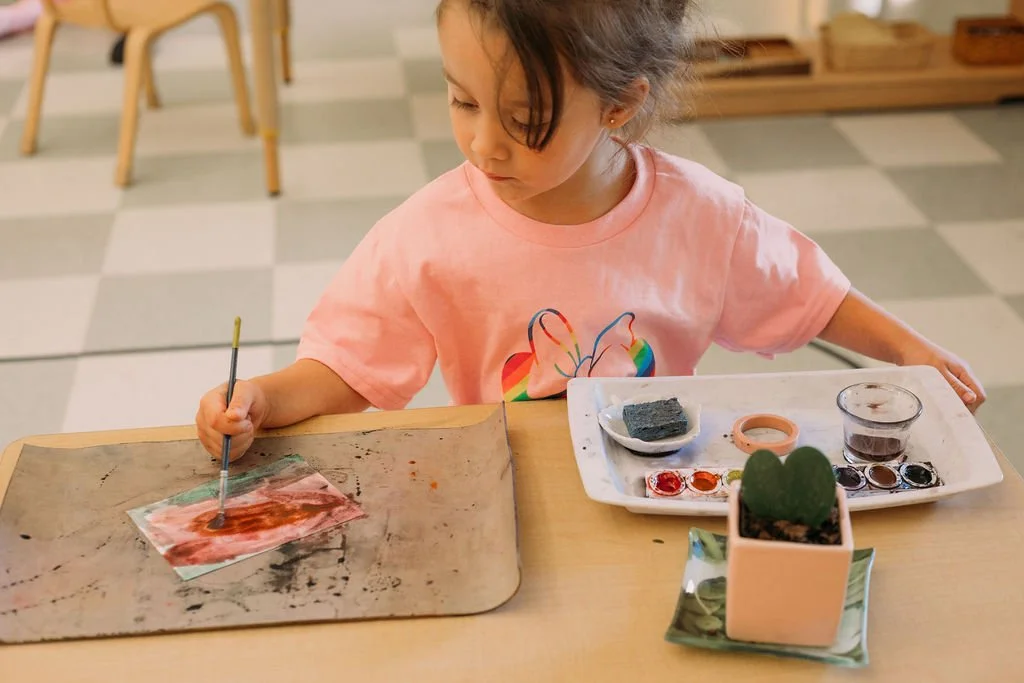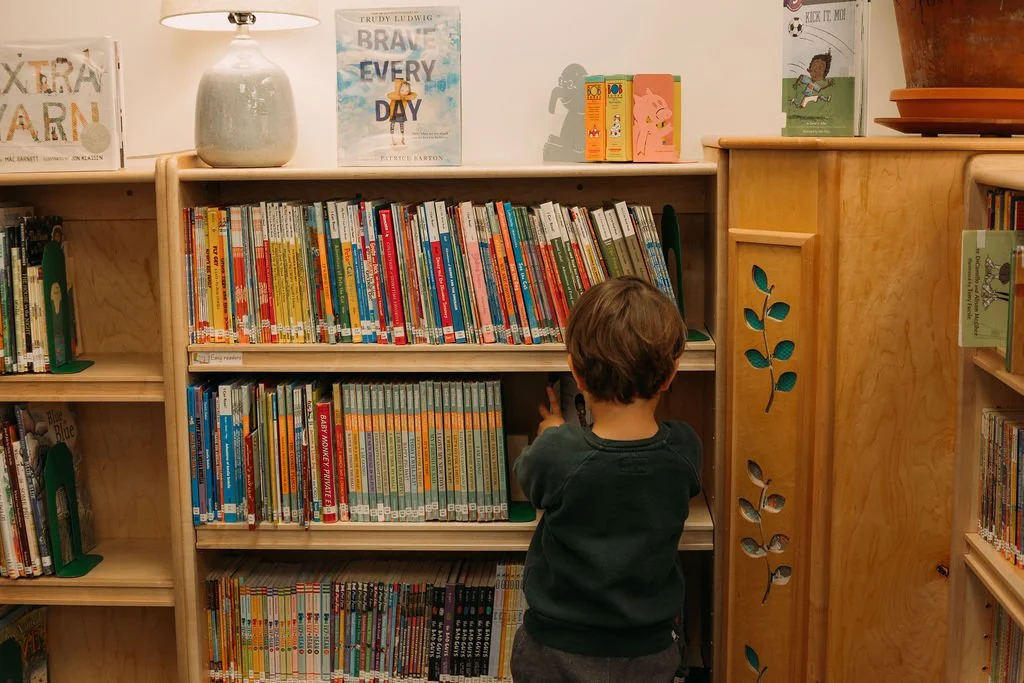Children’s House
3 - 6 Years Old
-
Children’s House Half Day - 8:30am - 11:50am
$10,272
Children’s House School Day - 8:30am - 2:50pm
$13,161
Sunrise to Sunset - 7:30am - 6:00pm
$19,046
Financial Aid applications are available. Morning drop off begins at 8:15am
For the young child, learning is a process that involves all the senses. Dr. Maria Montessori created enticing materials for children to manipulate, and through their exploration, understand higher-level concepts, develop inner- discipline and foster their natural curiosities. She discovered that given the proper amount of guidance and freedom, children develop a positive sense of self and their community.
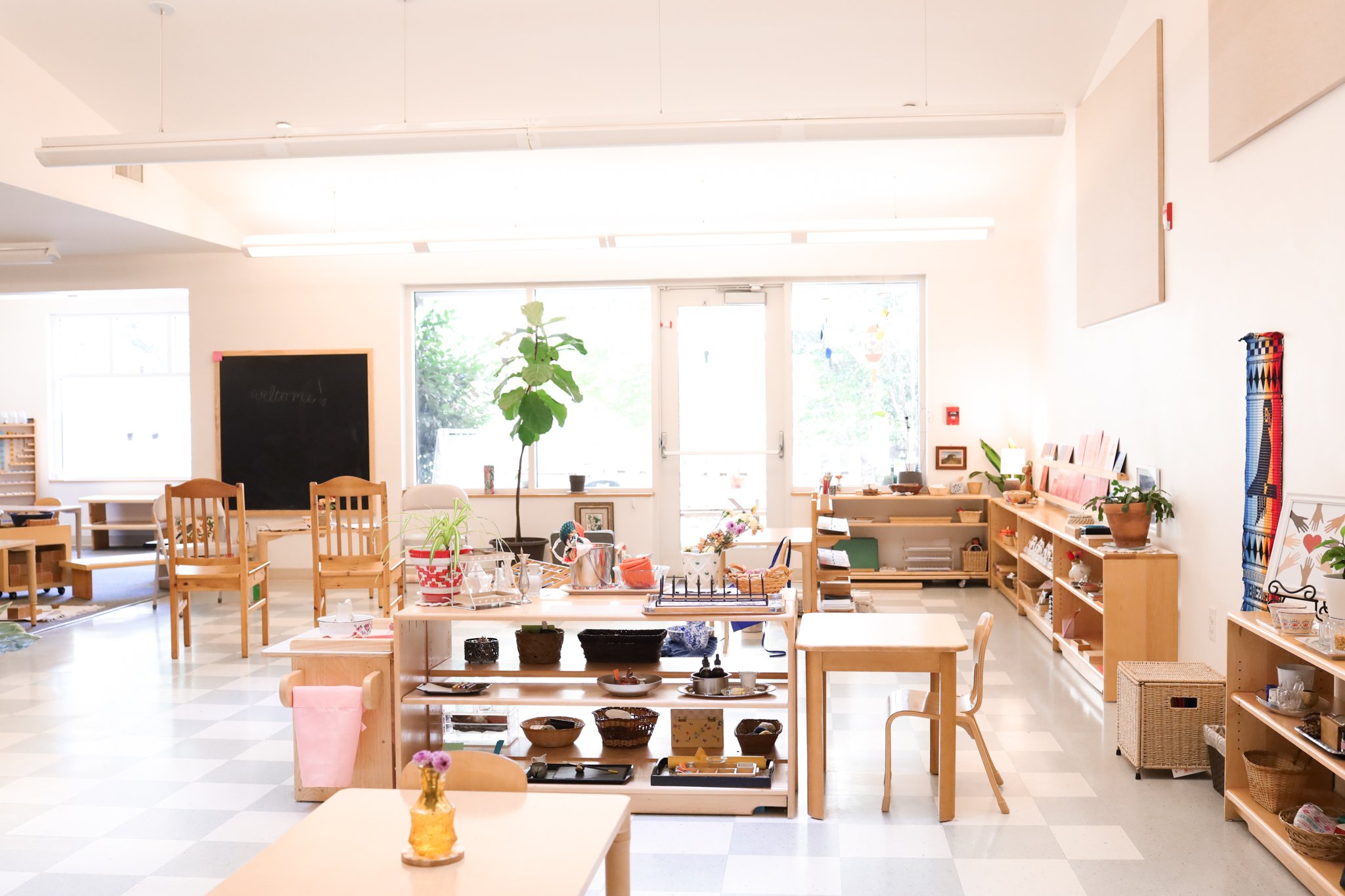
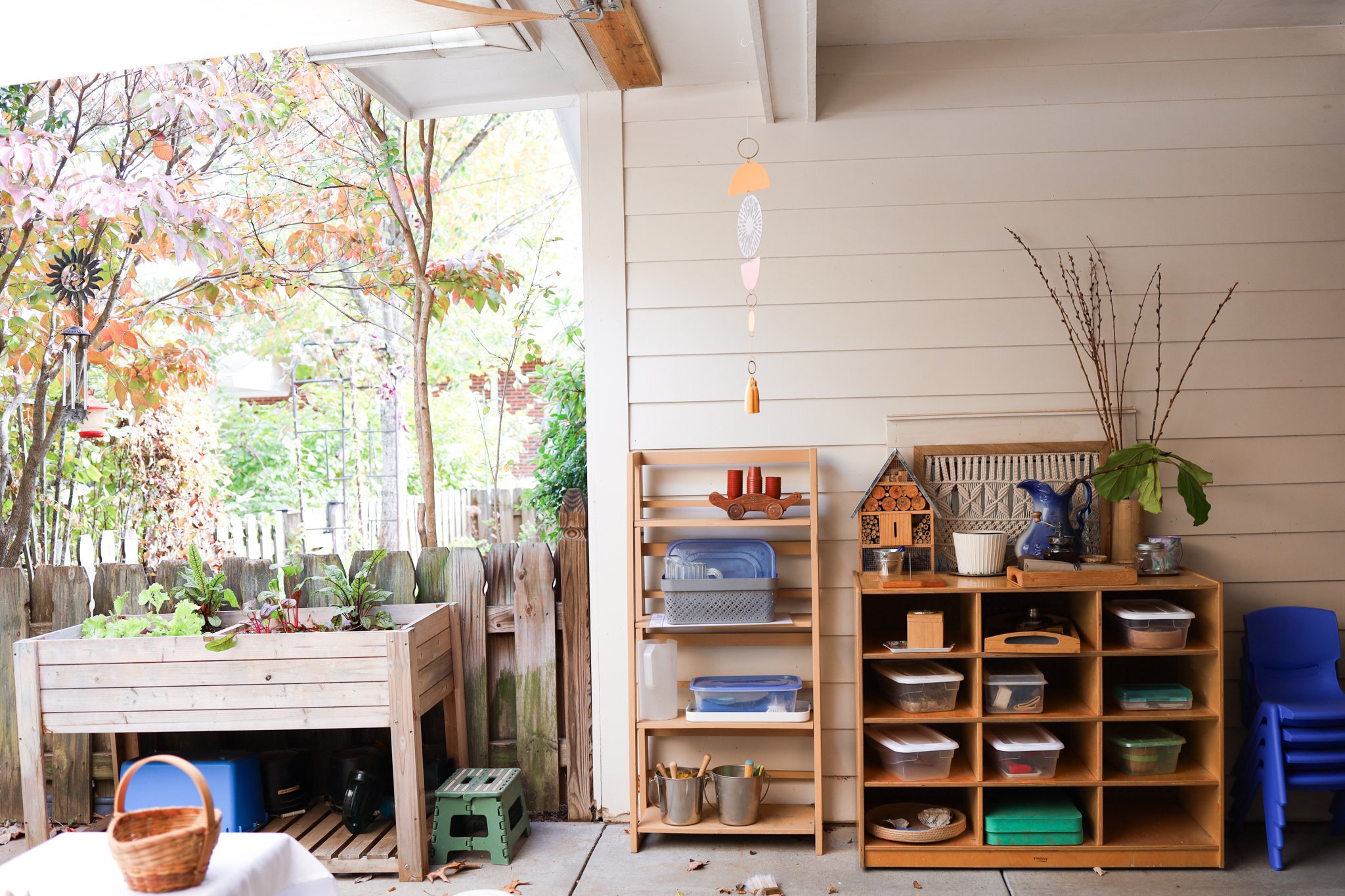
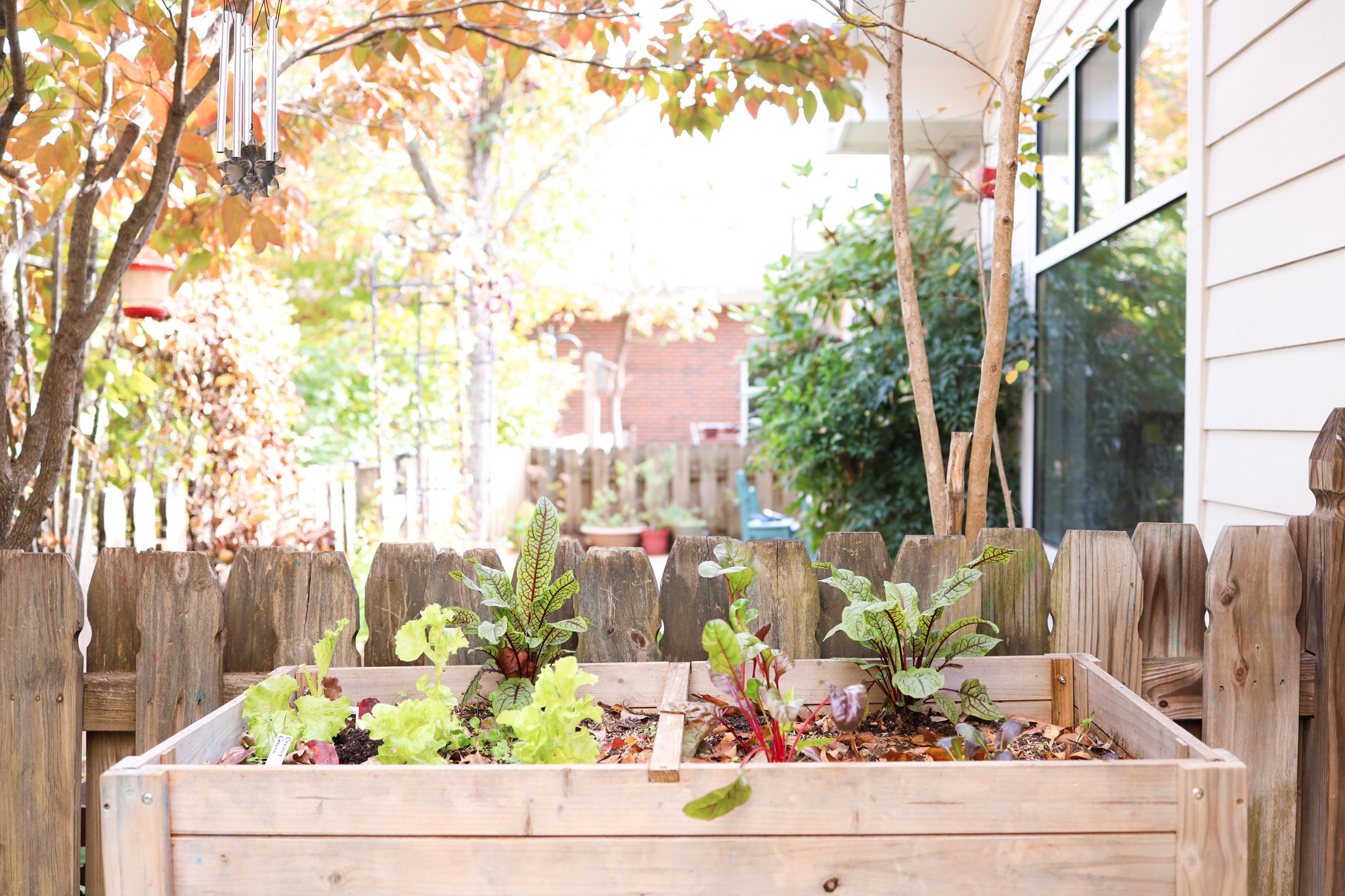
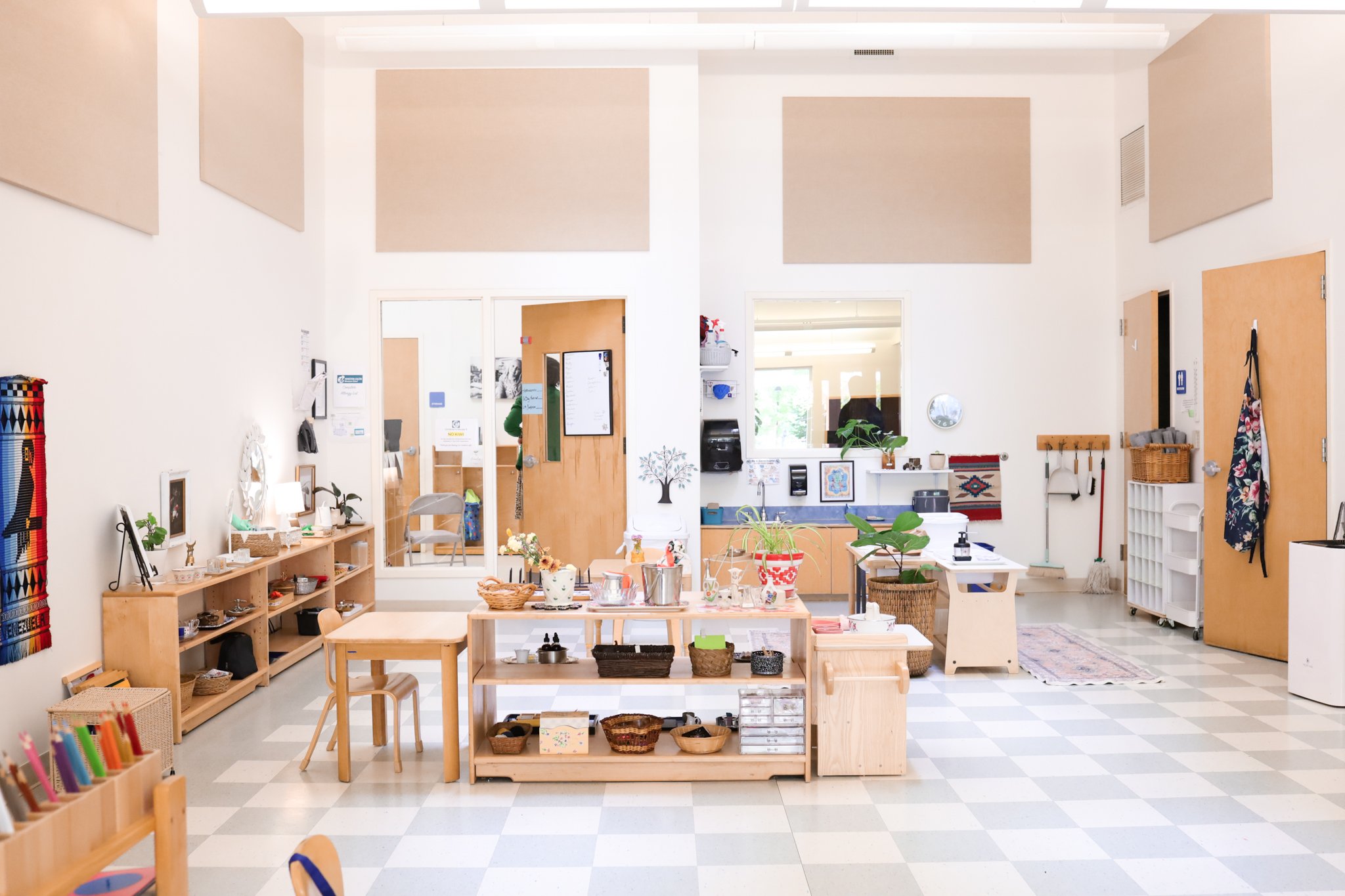
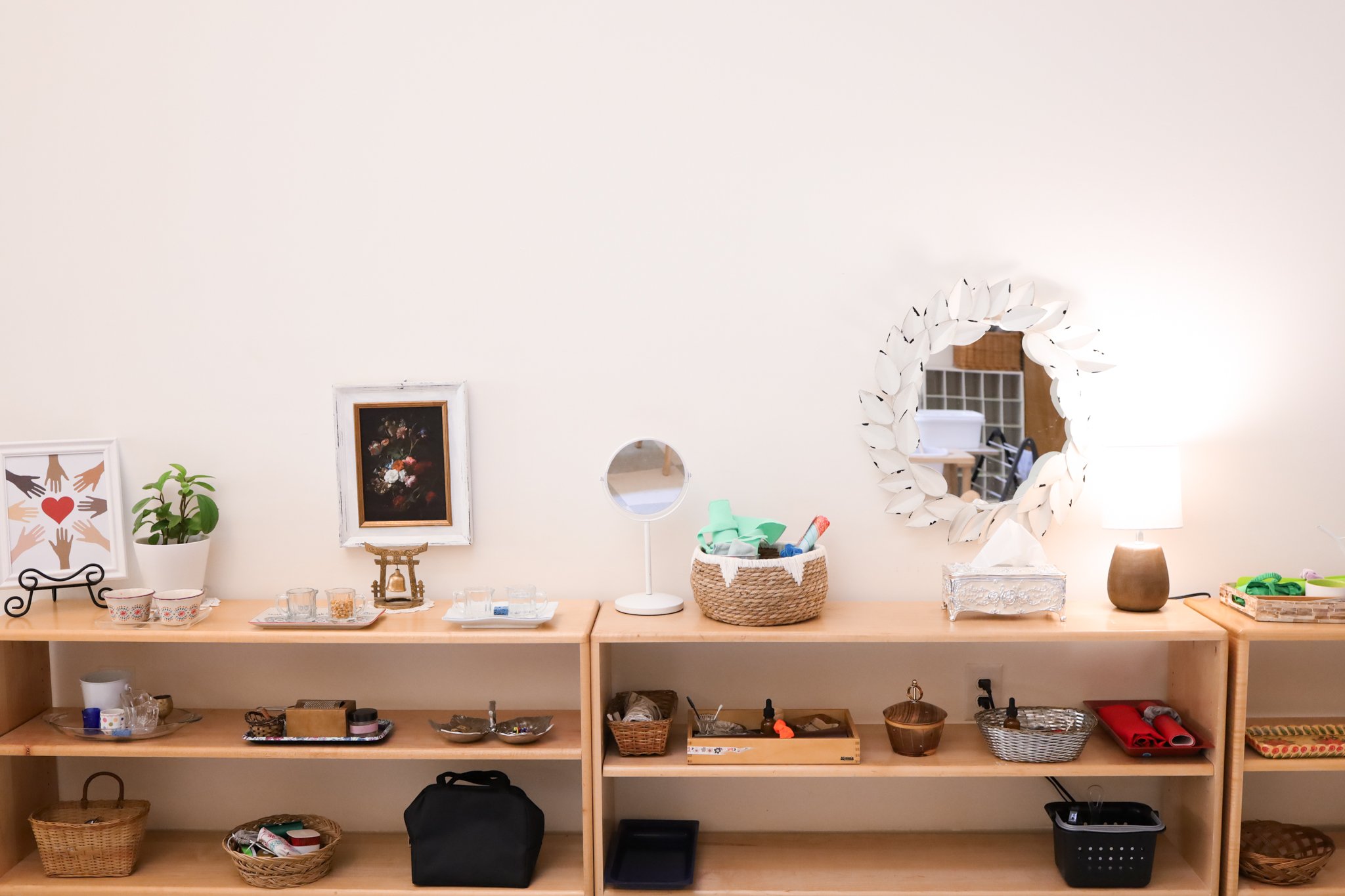
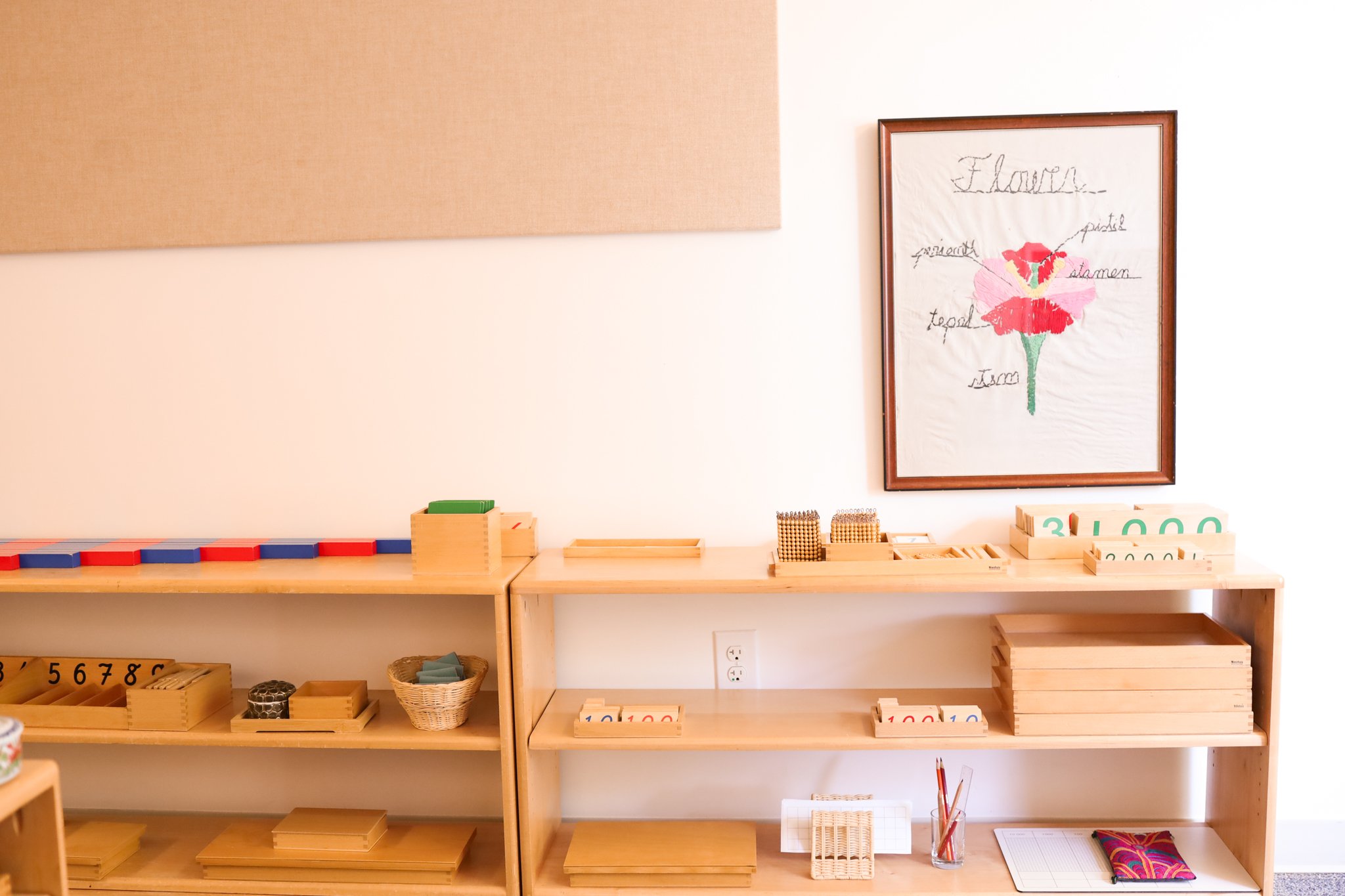
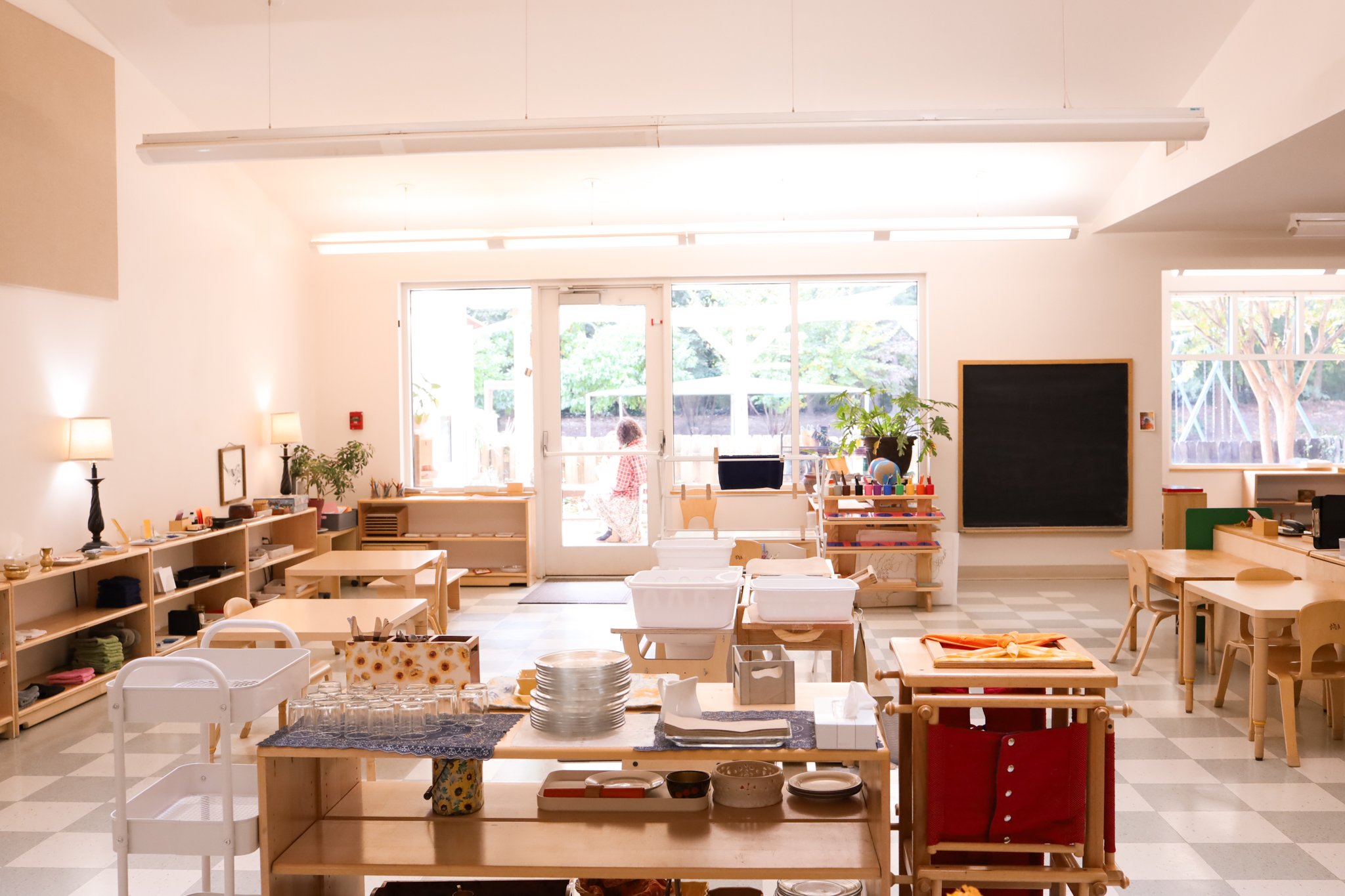
Core Curriculum
-
Practical Life exercises instill skills in caring for oneself, for others, and for the environment. Activities include many of the tasks children see as part of the daily routine in their home as well as lessons in the social graces and courtesy. Through these tasks children develop muscular coordination, skills of independence, and focus their attention on activity that promote concentration and attention to details.
-
Sensorial exercises promote the development of the senses and the building of skills in discrimination. Children develop cognitive skills by learning to order and classify their impressions through activities in touch, sight, taste, smell, listening, and exploring the physical properties of their environment.
-
The Montessori activities build skills in sound discrimination, prepare the hand for writing, encourage the development of written expression, and lay a foundation of phonetic skills that prepare the child for reading.
-
Lessons in botany, classification and zoology expose the child to a wide scope of activities intended to promote interest and encourage reverence for living things.
-
Lessons in history expose the child to a wide scope of activities intended to promote interest and integrate a sense of time in their understanding other subjects.
-
Montessori math activities help children learn and understand abstract mathematical concepts through manipulating concrete materials. Children get a solid foundation in basic mathematic principles, preparing them for later abstract reasoning, and helping them to develop problem solving capabilities.
-
Through sensory experience and the use of imaginative stories, children are introduced to both physical and political geography, using models of landforms, Montessori puzzle maps and the flags of the world. Presentations focus on people who live on different continents and their food, music, clothing, traditions, holidays, customs, and housing.
-
Maria Montessori understood that music is one of the fundamental spiritual needs of humans. All children in a Montessori classroom learn to sing on pitch and carry a tune, and even, with the advanced lessons on the Montessori Bells, learn to read and write music. Starting simply, teachers give children the opportunity to participate in one of the great joys of life – listening to and making music.
The educational program for the Early Childhood level in Children’s House is distinguished by a core curriculum where each child acquires and applies a breadth of skills during a three-year learning cycle
Well-planned lessons are presented in a carefully prepared educational environment filled with specifically- designed, age-appropriate materials. The Montessori trained teacher creates opportunities for individual children in a mixed-age community. The children learn and achieve at a rate which meets their particular needs and allows their talents to emerge.
The primary program encourages the young child to explore, to cooperate, and to attain academic and social independence. The acquired skills are intended to prepare each child not only for success at the next academic level, but also for success in life.



